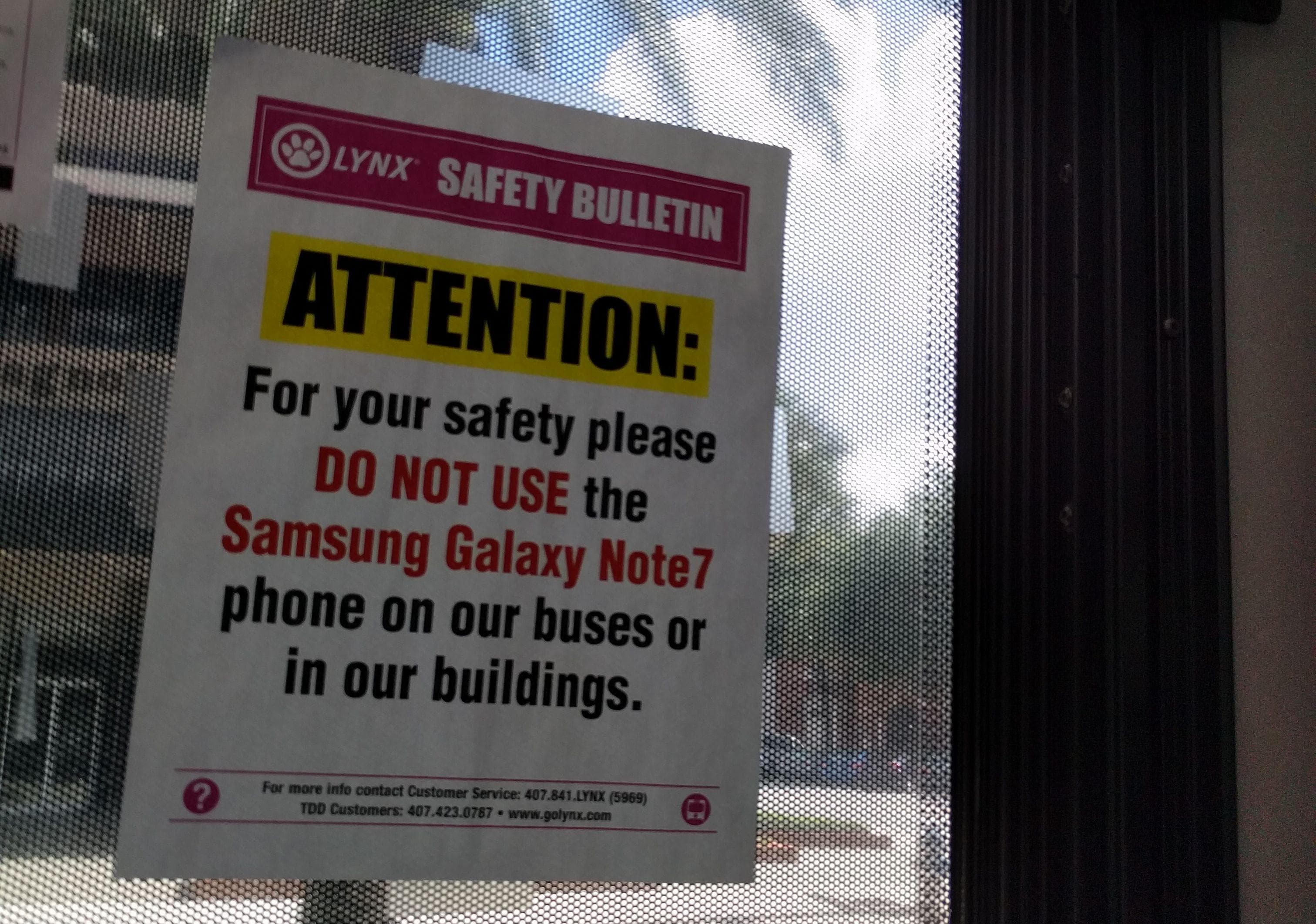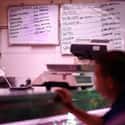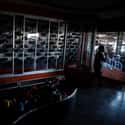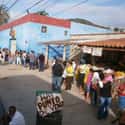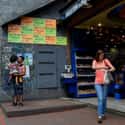-
(#7) Deli Scales And Registers Can't Handle The Inflated Prices
If you want to buy ham at a Venezuelan deli, you're out of luck. In March 2018, Patricia Laya wrote for "Life in Caracas," describing how many shop owners stopped ordering this particular meat because their scales were unequipped to measure it out - meaning, there weren't enough numbers on the digital readout to support ham's high price (about 1,480,000 bolívars per kilogram, at the time of her writing).
Delis aren't the only businesses affected either. Even those with the means to buy a new pair of sneakers - or to do so on credit - would likely have to ring up the purchase as multiple transactions, given some older card machines can't fit the inflated prices on the screen.
-
(#4) Power And Water Outages Occur With A Debilitating Frequency
In a Washington Post piece from April 2018, Carlos Hernández Blanco described internet, power, and water outages as weekly - if not daily - occurrences. During the latter, he and his family had to line up with buckets in tow at a water faucet down the street to stock up on reserves. Blanco states how having multiple buckets of water around the house is "just common sense."
Blanco counts himself lucky concerning his functioning electricity - outages "usually last about an hour, and occur weeks apart." For other regions in Venezuela, however, outages last for weeks. Meanwhile, other communities lack the luxury of water and electricity altogether.
-
(#8) Many Citizens Rely On A Barter System
With cash reserves scarce and - in many cases - worthless, and since many Venezuelans do not have bank accounts and prefer not to use cryptocurrencies, people rely instead on bartering and trading. Speaking to The Guardian, Geoff Ramsey, an assistant director at a Washington-based think tank, has said:
The paradox is that this is a country undergoing a deep inflation crisis and yet nobody actually has any cash... You’re seeing wealthy people pay for parking with granola bars.
Fortune writer Chris Morris calls the bartering the new "official" Venezuelan currency. He notes how one can observe the system in practice across the country, such as restaurants trading foods for napkins.
-
(#2) A Carton Of Eggs Costs More Than $15
NBC News writer Mariana Zuñiga covered the daily struggles of average Venezuelans in an article published in March 2018. One particularly startling story involved a Caracas woman buying eggs. The woman previously spent 480,000 bolívars (or $14.40) for a single carton of eggs, only to find they're more expensive than before:
She picks it up, believing the price is the same, but the clerk tells her that the price has increased, to more than she can afford on her salary as an elementary school teacher. Luckily, her wage combined with her husband’s still allows her to complete her weekly purchases.
-
(#13) Nightlife Remains Almost Nonexistent
Caracas once boasted numerous options for late-night entertainment, but as the financial crisis began to wreck the entire country, options disappeared. Mirelis Morales Tovar wrote for CityLab in July 2016:
In the Venezuelan capital, it was common for people to bounce from one place to another all night, and end the party at dawn eating at one of the city's many 24-hour arepas stands. But with mounting insecurity, a high cost of living, and power outages, that has all changed. Today, nightlife options have been reduced to evenings at friends’ houses, where everyone brings food, drinks, and - if they can - water or toilet paper.
Tovar goes on to explain how nightclubs, bars, and late-night movies were widely available throughout the city, but as the bolívar began to lose its value, citizens could no longer afford to go out, and business owners could not afford to stay open.
Moreover, rates of criminal activity escalated, making it unsafe to go out at night, even for those who could still afford to do so. Malls became an affordable and popular alternative, but after President Nicolás Maduro's government ordered all stores to close at 7 pm to save on electricity costs, this option disappeared, too.
-
(#12) Hunger And Starvation Run Rampant
Journalists Fabiola Zerpa and Noris Soto, along with photographer Fabiola Ferrero, documented rampant malnutrition and starvation in their Bloomberg piece "From 172 to 115 Pounds: The Faces of Venezuelan Hunger." The article features before-and-after crisis photos of "blue collar" citizens, demonstrating their drastic weight loss over a relatively short period.
Each photo has a write-up of the individual, detailing the poor diets endured by most Venezuelans. One woman, Yetsi Martinez, relies on government food handouts, consisting of "mostly cheap vegetables - corn, celery, yucca" to feed her family. Before the economic collapse, Martinez's family enjoyed healthy meals of steak, chicken, eggs, and other nutritional foods.
Meanwhile, Alexander Lopez goes without eating most days so he can feed his daughters. His hunger became so severe at one point, he blacked out on a subway, only to wake up to medical care.
The BBC also covered the hunger crisis in Venezuela, featuring harrowing footage of dangerously malnourished children and people digging through trash to find sustenance.
New Random Displays Display All By Ranking
About This Tool
Venezuela, a South American country rich in crude oil, but has become a hell on earth. Due to the extreme economic policies of the government, the country is erupting the worst energy shortage and economic crisis in history. The hungry people have even begun to hunt stray cats, dogs, pigeons, and even mice to survive. Due to the lack of food and basic medical treatment, people are struggling to die. The government even made the situation worse.
Ironically, Venezuela is not a barren country. The country's crude oil reserves even exceed those of rich Saudi Arabia. However, due to the failure of the government's economic policies and the impact of falling global oil prices, the originally beautiful and rich countries have fallen into a huge economic disaster. The random tool describes 13 facts about how it like living in Venezuela.
Our data comes from Ranker, If you want to participate in the ranking of items displayed on this page, please click here.




